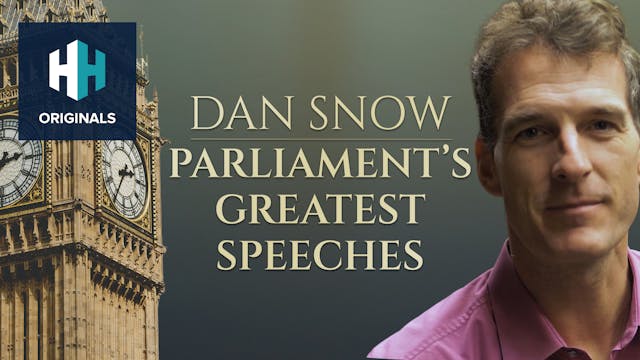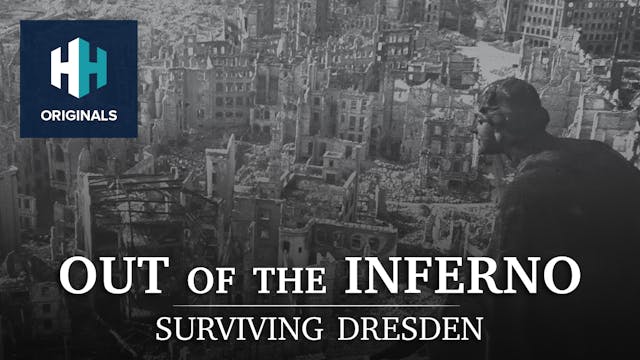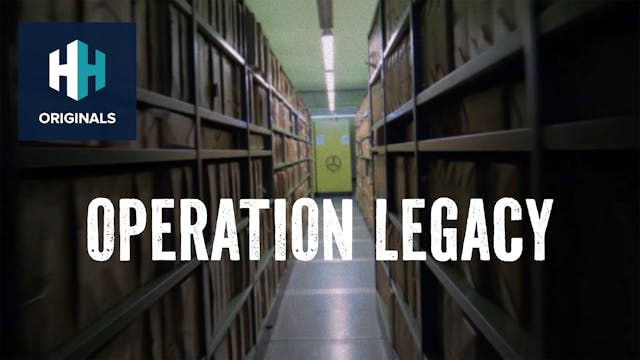Protest: Spirit of the People
20th Century
•
21m
In January 1968, the start of the Tet Offensive by North Vietnamese communist troops sent waves of anger and anguish across the home front and sparked the most intense period of anti-war protests seen in the ‘60s. By this time, anti-war protesters were joined by members of Vietnam Veterans Against the War, many of whom were in wheelchairs and on crutches. The sight of these men on television throwing away the medals they had won during the war did much to win people over to the anti-war cause. Nor were Londoners impartial. Protestors across the city – the majority of whom were young people - mobilized against what they considered to be an abhorrent attempt to impose democracy in South East Asia via the barrel of a gun. In March, 200 protestors were arrested during clashes with the Police outside the American Embassy in Grosvenor Square, London. In October, 25,000 people assembled to protest the war once again but, despite security concerns, it did not escalate to the levels of unrest seen earlier in the year. In this episode, we speak to journalist Donald Macintyre, who was present at both marches, to hear about the political context of these events and how they compare to modern marches against the Iraq War and Brexit.
Up Next in 20th Century
-
Parliament's Greatest Speeches
The Palace of Westminster is one of the world's most famous buildings: 'the mother of parliaments'. Since the days of Simon de Montfort parliaments having been meeting at this location in the heart of London. Though plagued by controversy and destruction over its long history the site's significa...
-
Out of the Inferno: Surviving Dresden
On the 73rd anniversary of the firebombing of Dresden, Dan Snow accompanies British veteran Victor Gregg, a POW in Dresden during the raid, as he returns to the city for a historic meeting with Irene Uhlendorf, who was just 4 years old on the night of the bombing. Together they are able to talk a...
-
Operation Legacy
State archives in Britain are thought of as being a pristine area in which we preserve, conserve and utilise the nation’s history. The Public Records acts of 1958 and 1967 require government departments to conserve any information that tells us about our shared past, and how we came to know it. M...



